An introduction to sound engineering
The profession of sound engineering is a vast craft that encompasses all the technical aspects of music and sound. Although it is inextricable from all areas where sound is produced, manipulated and presented, it is arguably most central in the world of music; here it can be the difference between an enjoyable or regrettable experience for the audience. Sound engineering in music is a highly technical profession that combines experience and expertise to present art while keeping in mind a gamut of physics at play.
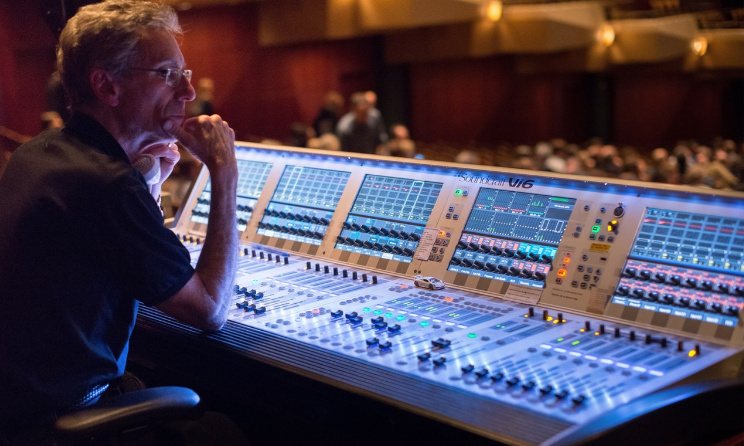 Sound engineers are always learning as technology evolves.
Sound engineers are always learning as technology evolves.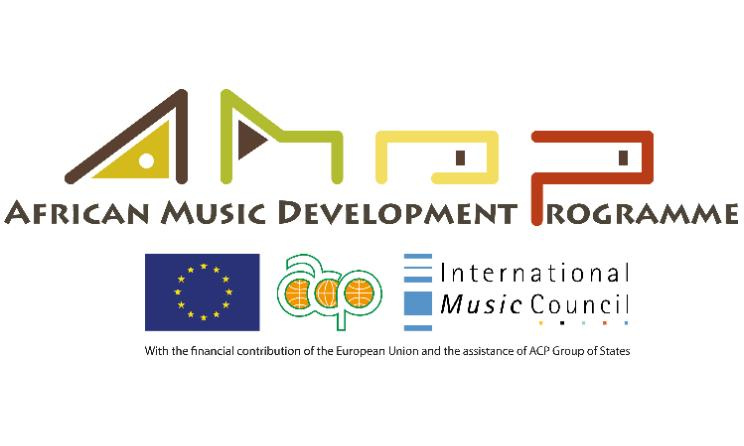
To find out more about the nuts and bolts of sound engineering and the state of the profession on the continent, we spoke to two of South Africa’s most respected and travelled sound engineers, Garrick Van Der Tuin and Gavan Eckhart, both of whom have worked in every possible sphere of audio manipulation.
You can read the full interviews with Van Der Tuin and Eckhart here and here.
The former began working with sound some 16 years ago, his first notable jobs materialising with the emergence of Afro-pop singer Zamajobe as a respected live and recording artist. During the time of recording Zamajobe’s critically acclaimed second album Ndoni Yamanzi, Van Der Tuin began working closely with Malawian guitarist and producer Erik Paliani and jazz great Hugh Masekela, for whom he recorded and mixed the album Phola, and with whom he travelled the world for six years engineering at such venues as Carnegie Hall in New York, the Royal Festival Hall in London, the Sydney Opera House and various international festivals. He also worked with Stimela and Ray Phiri until his death in July 2017.
Eckhart, on the other hand, can be described as a sound engineer who often works in the experimental and avant-garde idioms, although he brandishes a long track record of touring with the likes of Freshlyground, Thandiswa Mazwai and South African Balkan music sensation Bombshelter Beast. He’s worked almost exclusively with William Kentridge and Phillip Miller for the past 10 years, recording and mixing the two artists’ collaborative works as well as Miller’s extensive film score repertoire. Eckhart is currently installing sound systems for museums and venues.
What is sound engineering?
Sound engineering in music can be classified in two broad categories: live and studio engineering. These two domains of the profession are generally self-explanatory. In live engineering, Van Der Tuin says, the job of the front-of-house engineer is to facilitate a flawless synergy between the artist, sound system and all other sound technology employed at an event. He says the main job of the studio engineer is to capture a great performance, while producing in studio is more about getting a great performance out of a musician. Eckhart believes that the line between studio engineering and producing is getting increasingly blurred, with both professions requiring a broad understanding of the technical and aesthetic principles involved when capturing sound.
Whether it is live or studio engineering, Van Der Tuin suggests that aspirant engineers should look out for internship opportunities at studios or event companies where they can learn about the principles, jargon and organisational culture to become successful professionals. In the live sphere, for example, the front-of-house engineer needs be able to work closely with the monitor engineer, stage manager, lighting engineer and even the event organiser to deliver a high-quality service. If an engineer can deliver great results, then he or she can expect to be booked more often and for bigger events.
The general state of sound engineering in Africa
Both engineers say there are notable improvements in the quality of equipment on offer at African gigs, concerts and festivals. Van Der Tuin, however, says education is the key element missing, with many engineers becoming overwhelmed with the workflow and equipment they have to work with. To counter this, it’s the engineers’ responsibility to educate themselves by going online [see resources at the end of this article] or by participating in workshops where they can learn about the fine details of the profession. He highlights that the best way to acquire knowledge isn’t necessarily to enrol in courses at colleges or universities but to ravage through the Internet for information on the latest trends and best practices.
Commenting on the technical side of things, Eckhart says many providers across Africa are overcommitted and financially strained, which results in below-standard performances. He says event organisers often leave the technical aspects until the last minute causing tech providers to scramble for suitable solutions. Additionally, sound engineers are often overstretched and required to work 22-hour shifts without adequate compensation – a trend that needs to be addressed by event organisers who care about production value.
Best practices
Eckhart says sound engineers must always be friendly, on time and remember that the music is the reason they are there. He notes that the engineer is the window between the artist and audience and therefore must always remain transparent to facilitate a successful entertainment episode. Van Der Tuin says keeping a cool head under pressure is vital, as well as going the extra mile for those you are working with and for. Both engineers recognise that the sound engineer is the vital link that if broken can spell disaster for all parties involved in a production.
Educational resources
Eckhart and Van Der Tuin’s top sound engineering picks:
- DPA Microphone University
- Neumann Academy
- Audient
- Pensado’s Place
- Slate Companies
- Mixerman
- Gearslutz
- Sound Design Live
Read the full Garrick Van Der Tuin interview
Read the full Gavan Eckhart interview
This article was published in partnership with the African Music Development Programme.





















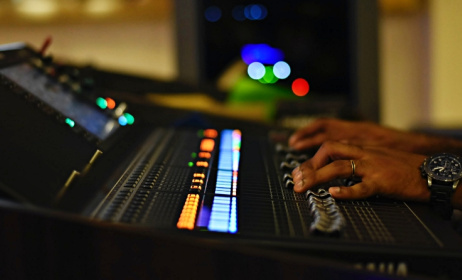




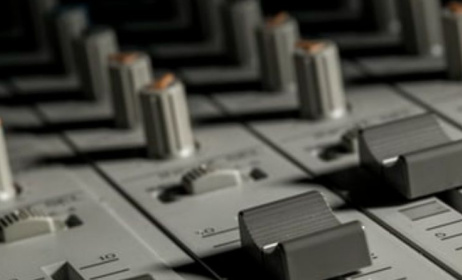

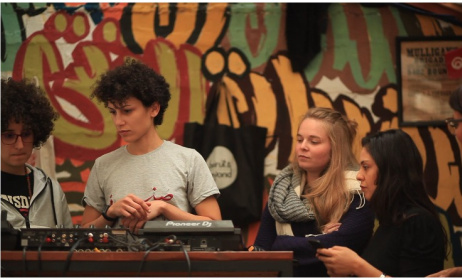
Comments
Log in or register to post comments